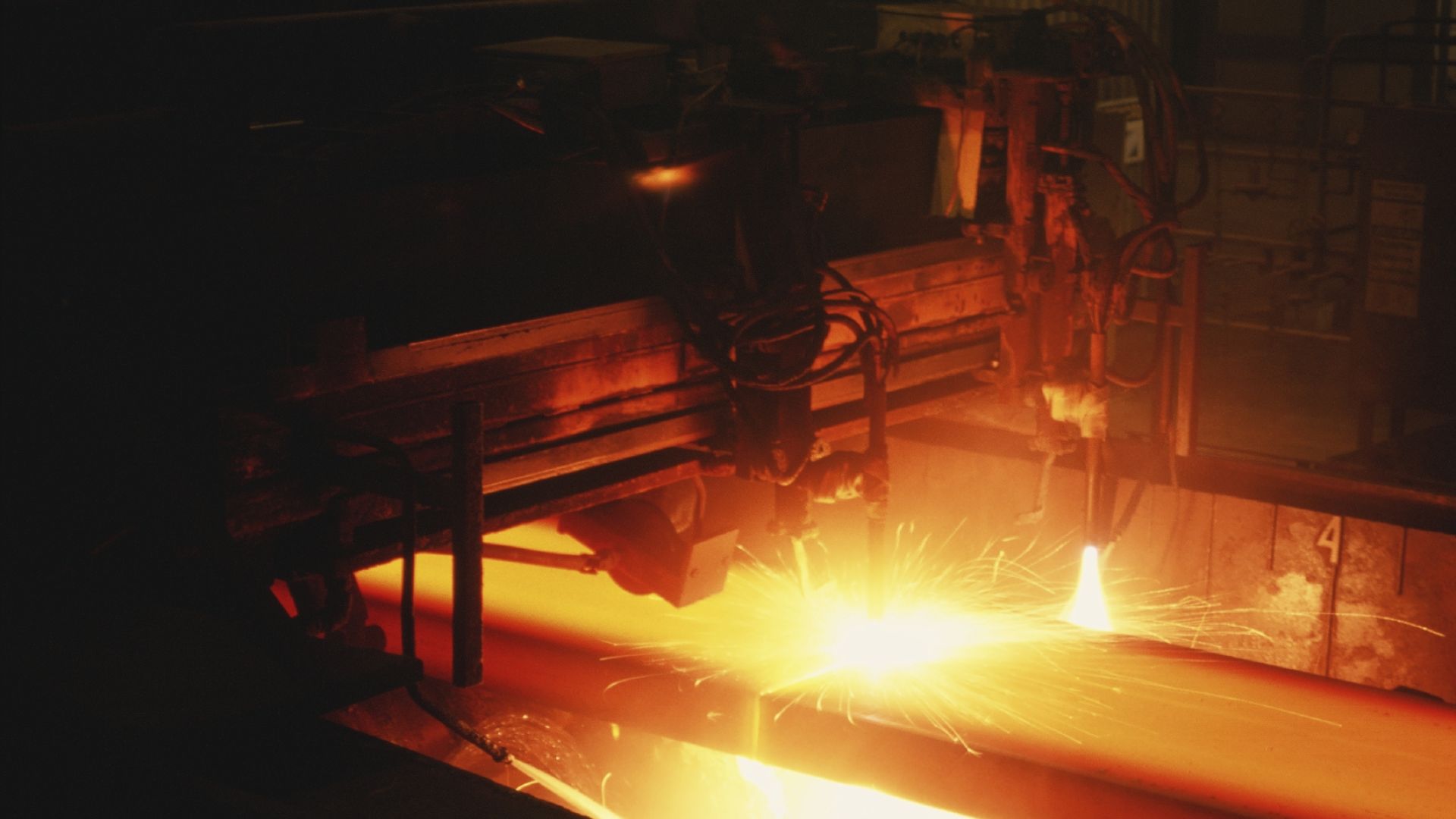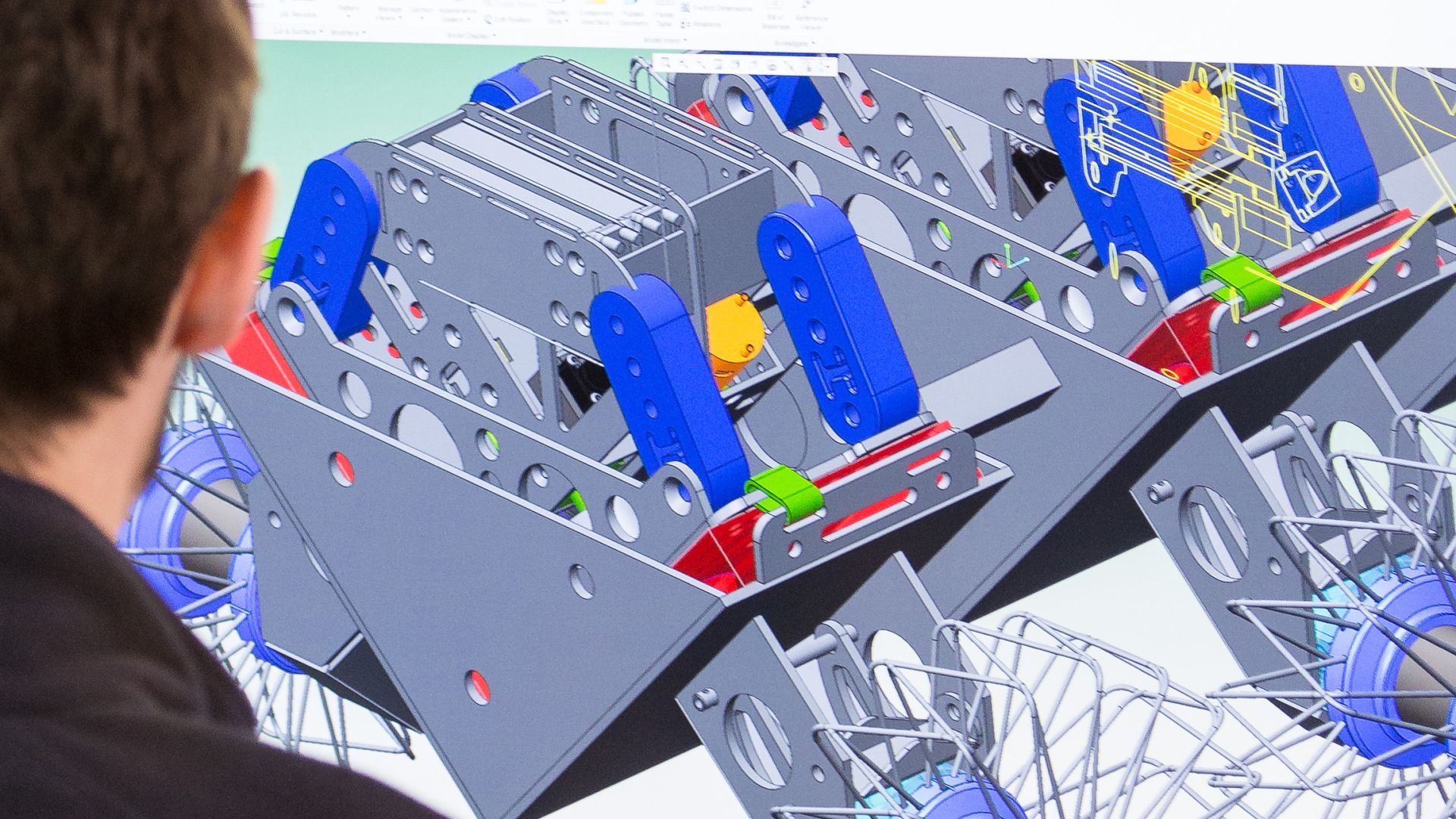Metallurgical Failure Analysis and Prevention
Locations

Description
An introduction to the mechanisms of material failure due to mechanical and environmental factors. The course will enable attendees to determine how and why a metal component has failed or fractured during service and identify a means of detecting and preventing such failures in the future.
It is essential that designers and engineers in the metal industry gain an understanding of the fundamental principles of failure investigation and analysis, due to the increasing demands imposed on high-performance metals and the costly consequences of component failures.
Who should attend?
This course is suitable for many professionals in the engineering industry, from design engineers and production engineers to after-sales professionals, laboratory staff, and marketing and sales professionals. Attendees could also be insurance investigators and loss adjusters and those in the sectors of aerospace, automotive, conventional powergen, nuclear and renewable energy.
A basic understanding of science and engineering principles is preferable.
Book nowCourse content - Metallurgical failure analysis and prevention
- Introduction to metallurgy
- Tensile test
- Impact test
- Types of failure
- Ductile
- Brittle
- Crack tip radius
- Torsional failure
- Intergranular failure
- Fatigue failure
- Creep
- Corrosion
- Microscopic corrosion cells
- Erosion
- Cavitation
- Stress corrosion cracking
- Hydrogen embrittlement
- Wear failures
- Gear failures
- Welding defects
- Mechanical testing
- Metallography
- Metallurgical microscope
- Scanning electron microscope
- Chemical analysis
- Spectroscopy
- Mass spectrometry
- X-ray diffraction
- Non destructive testing
- Dye penetrant
- X-ray
- Corrosion testing
- Salt spray testing, ASTM B117
- Pitting corrosion, ASTM G48 A
- Crevice corrosion, ASTM G48 B
- Stress corrosion cracking
- Intergranular corrosion test, ASTM G28
- Wear testing
- Case studies


